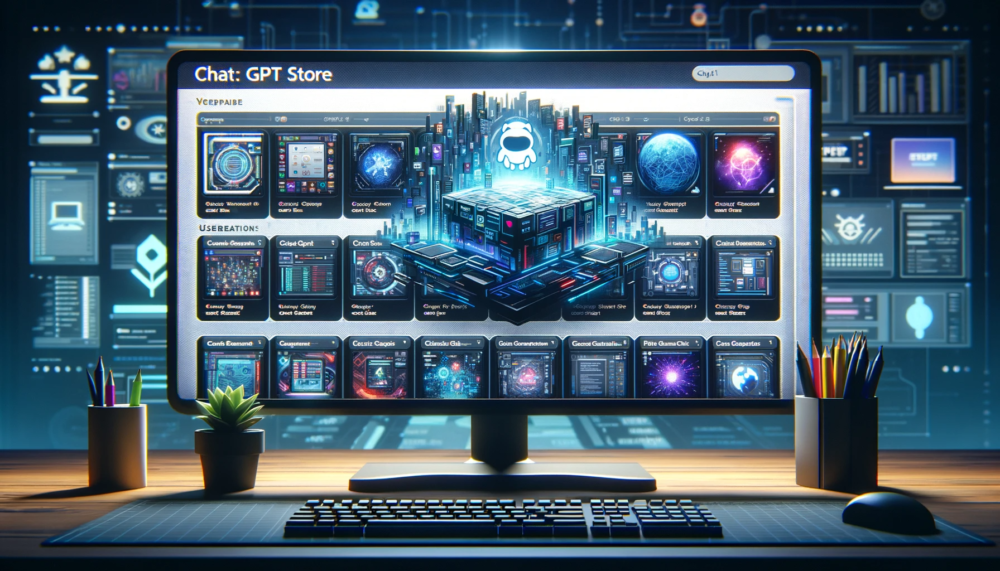OpenAI announced a GPT Store for custom chatbots last month during its first-ever developer conference. The launch of the GPT Store has now been delayed to next year, according to a company email that was sent to ChatGPT users who signed up for its GPT Builder.
The AI startup has not revealed the actual reason for this delay, only saying that “unexpected things have been keeping us busy,” in its email to users. OpenAI had planned to launch GPT Store in December and even that was after the previous date was postponed to December. The company’s DevDay conference had announced that the GPT Store would launch in late November.
:format(webp)/cdn.vox-cdn.com/uploads/chorus_asset/file/25125915/Screenshot_2023_12_01_at_12.48.28_PM.png)
OpenAI has promised that they are making improvements to ChatGPT during the meantime, some of which have been highlighted in the email as: “To improve Actions, we updated the configurations interface, enabled one-click testing, added debug messages in preview, and now allow multiple domains. Uploaded files are downloadable when using Code Interpreter so we’ve made this feature default off and added messages to better explain this.”
At the end of the letter, OpenAI has also announced more “great updates” coming to ChatGPT “soon”, meaning bigger changes can also be expected going forward.
For those unaware, the GPT Store is meant to be a marketplace for custom GPTs built by users so they can be bought and sold. OpenAI has said that the best GPTs will be highlighted on the store so they are easier to find. Moreover, upon announcing the development of custom GPTs, OpenAI declared its intention to compensate the creators of these GPTs. The payment amount, which remains unspecified, is to be determined by the usage frequency of their creations.
The sudden delay in the GPT Store’s launch is not hard to comprehend given the harsh few weeks OpenAI had last month following the abrupt ouster of its CEO, Sam Altman. The company’s board of directors had decided to fire Altman for a “lack of consistently candid communication”, but he was reinstated to his original position within 5 days under a new board following a backlash from investors and company employees.






